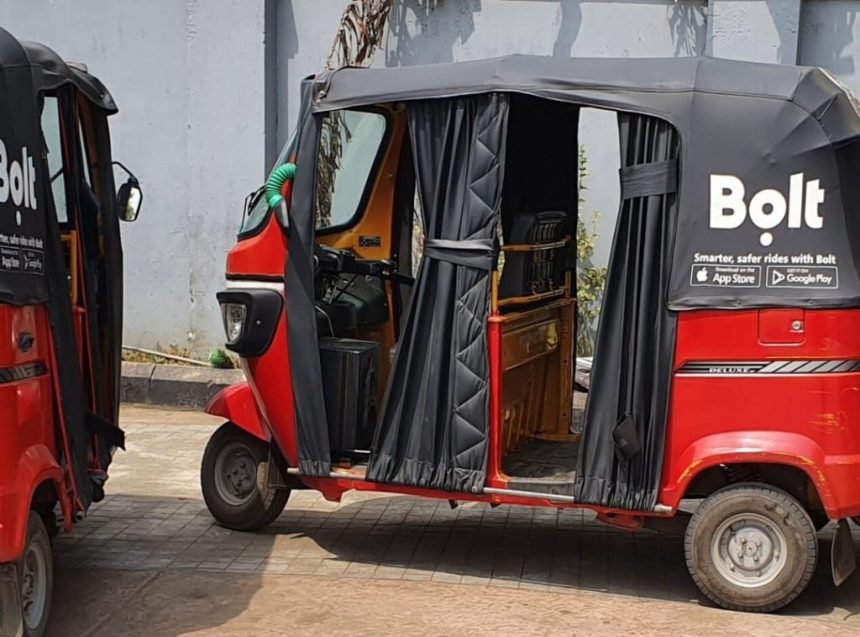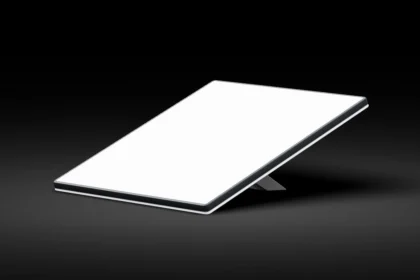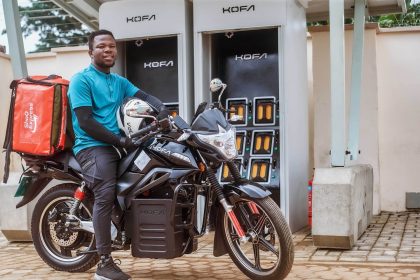Ride-hailing platform Bolt has launched its first fleet of electric tricycles in Lagos, Nigeria — a major step in its push toward low-emission transport across Africa.
Why it matters
The battery-powered “keke” are part of a broader strategy to cut pollution, reduce fuel costs for drivers, and introduce cleaner mobility options in one of Africa’s most traffic-clogged cities.
The big picture:
- Lagos’ transport sector is a key source of air pollution.
- Electric vehicles (EVs) remain rare in Nigeria’s informal transport sector.
- Bolt’s move reflects growing private-sector interest in sustainable urban transit.
Context:
- Bolt has already deployed tricycles in Uyo and is building out a regional EV strategy.
- Similar EV pilots have launched in East Africa:
- In Kenya, Bolt partnered with BasiGo and Ampersand to test electric bikes in Nairobi.
- In Rwanda, tax breaks and public charging stations are helping scale Ampersand’s electric motorcycles.
- In Uganda, startups like Spiro are expanding electric bike fleets with VC support.
Between the lines
- The exact number of tricycles or details on battery specs remain undisclosed.
- Analysts say Lagos could be a testbed for broader EV integration across West Africa.
Zoom out
- Fuel prices in Nigeria have spiked since subsidy removals.
- A 2023 UN report estimates EVs could reduce fuel costs by up to 40% for African drivers.
What to watch:
- Expansion to other Nigerian cities will likely depend on government policy, charging infrastructure, and maintenance networks.
- Bolt’s green shift could position it as a major player in Africa’s clean mobility future.
Source: Condia










